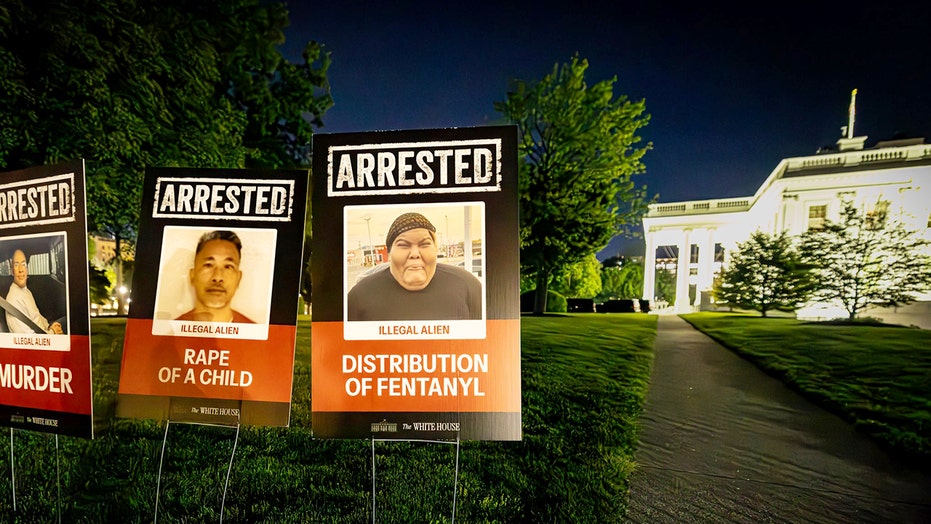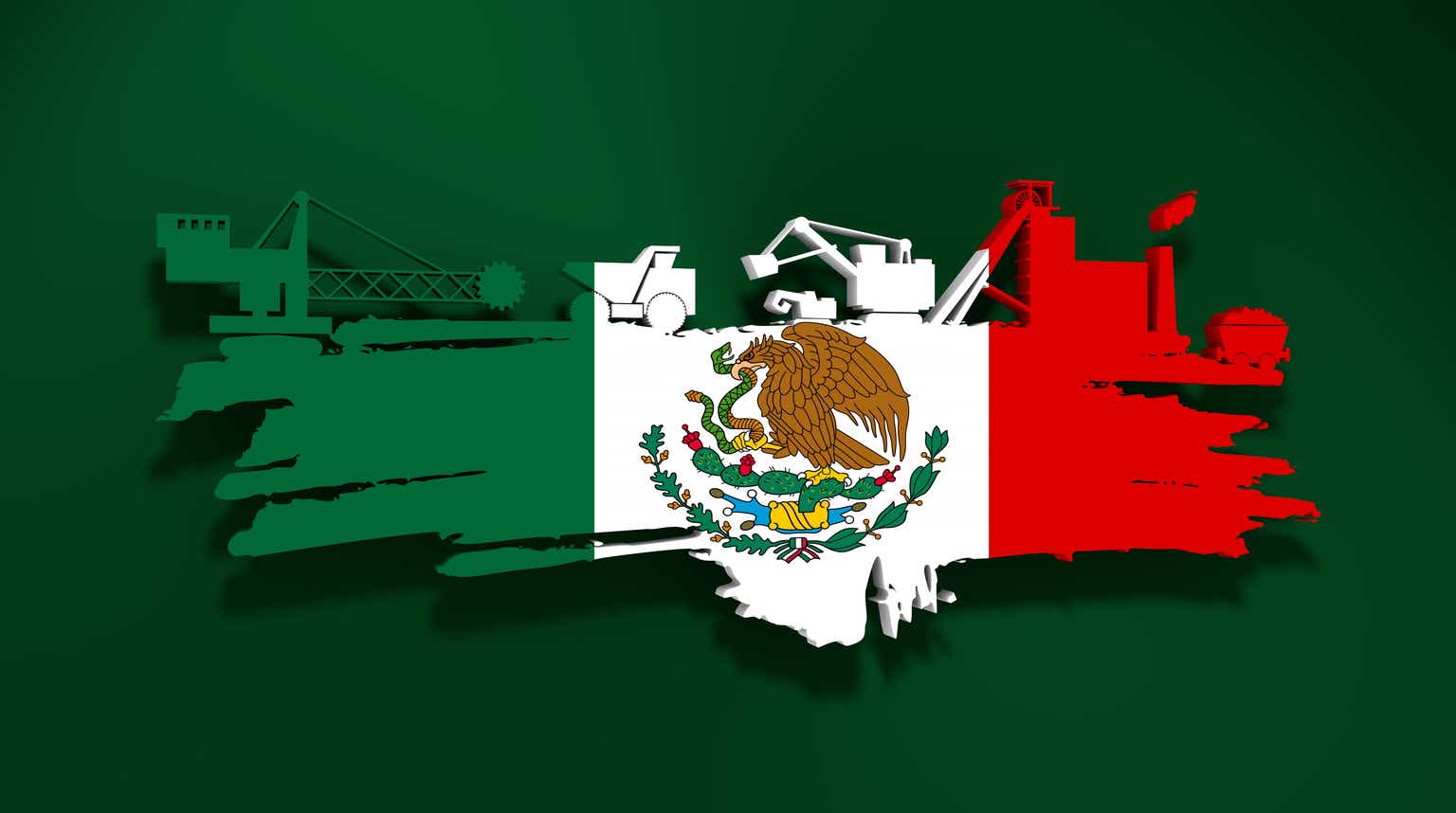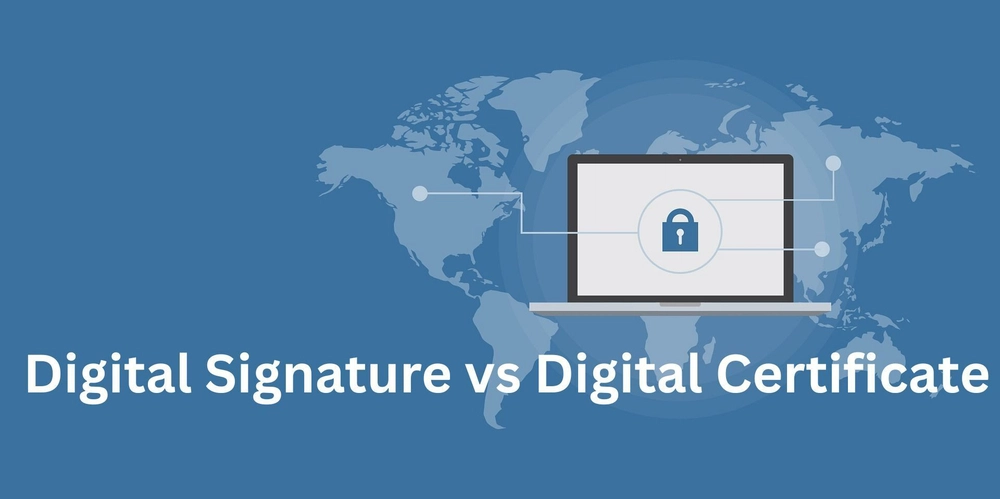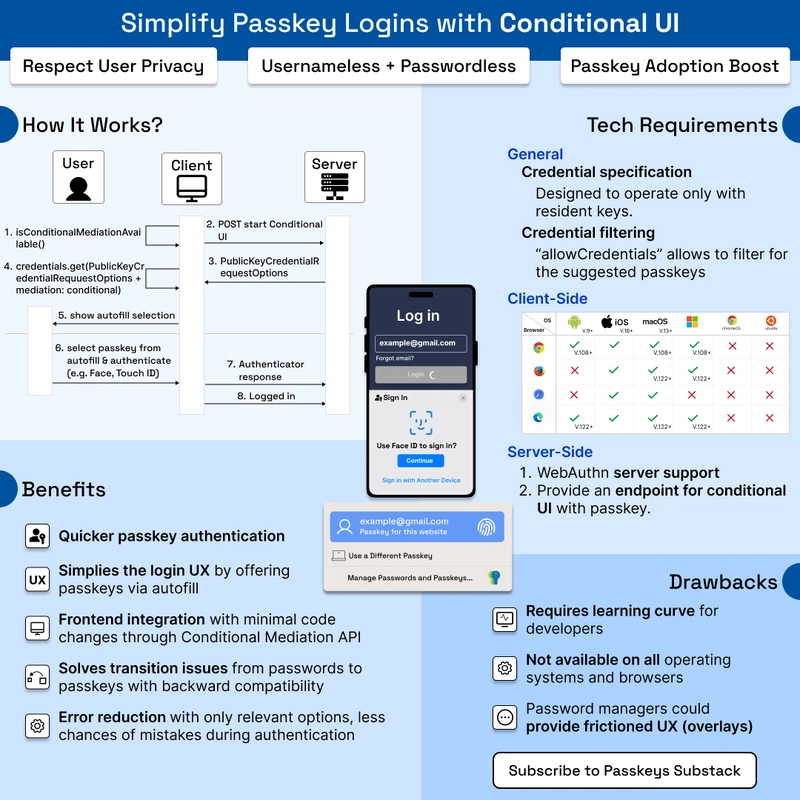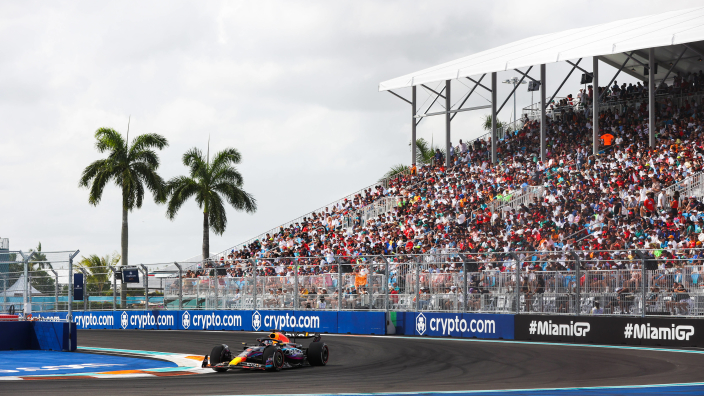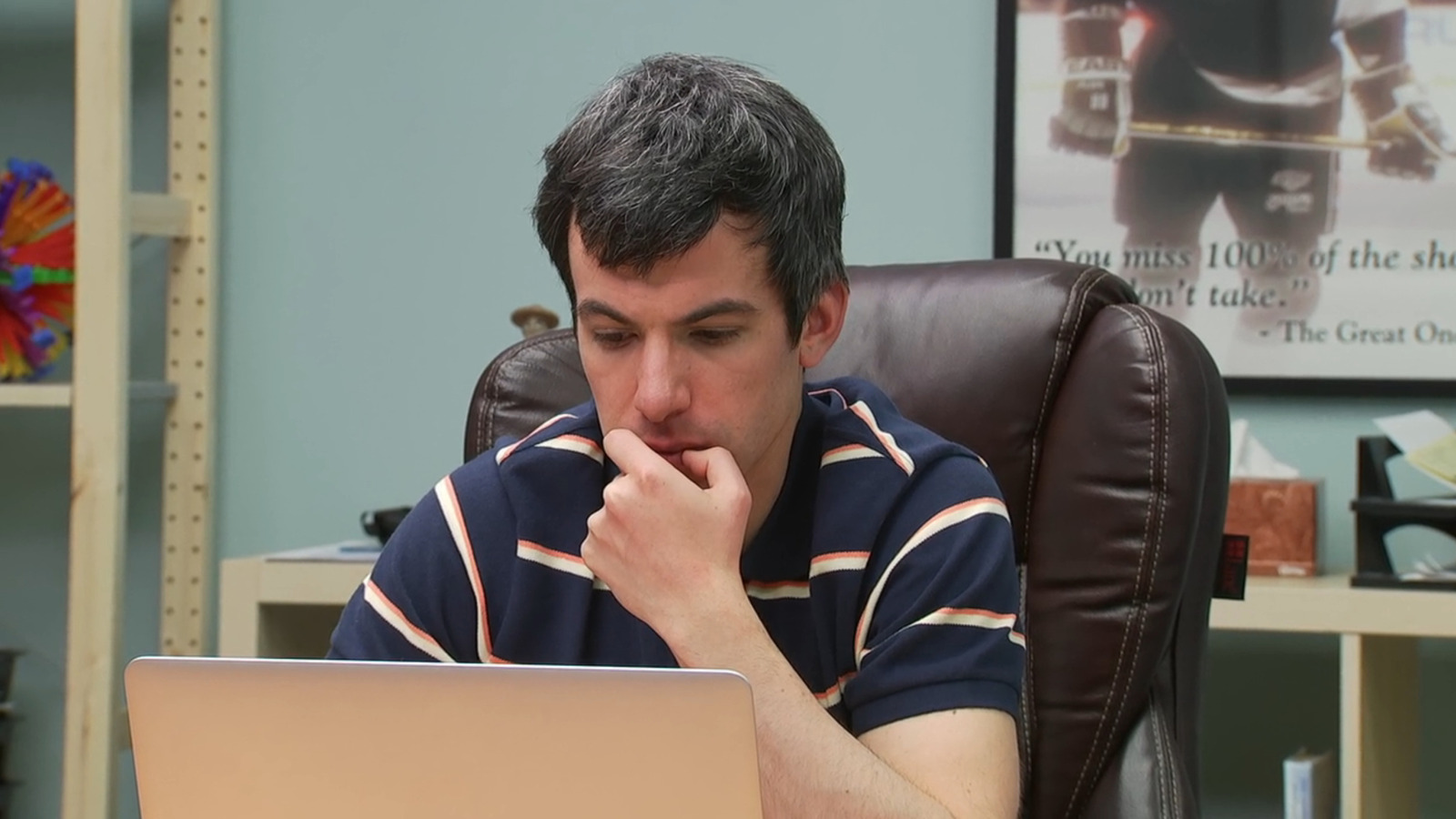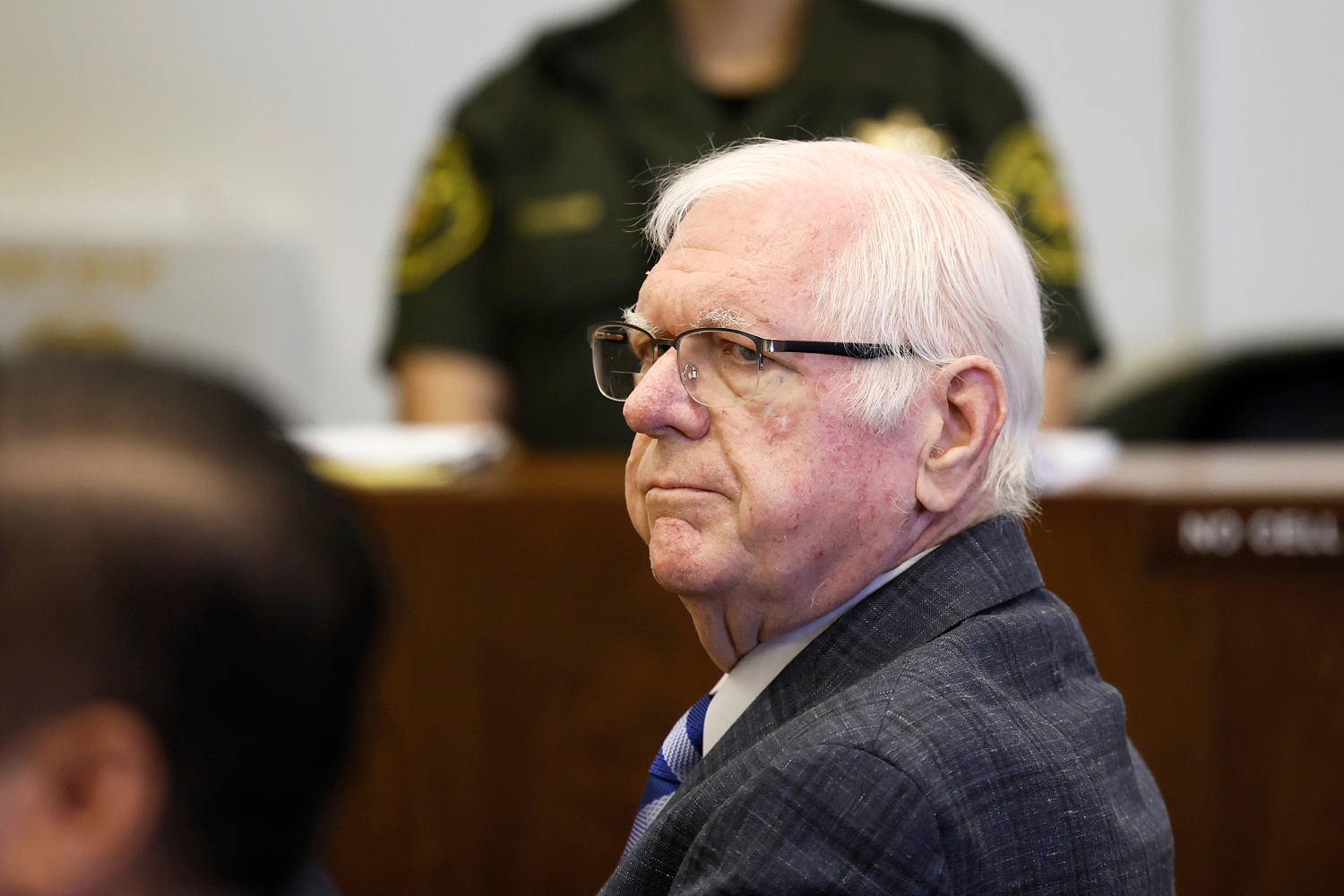Indispensable or expendable? Taiwan’s fight for US commitment under Trump
Taiwan is facing increased uncertainty and instability due to Trump's unpredictable approach to its defense, with internal divisions and a lack of international support making it increasingly vulnerable to Chinese aggression.

For decades, Taiwan operated under the assumption that if China invaded, the U.S. would intervene. However, that confidence is now waning.
Under President Trump, Washington’s commitment to Taiwan has grown increasingly unpredictable. The once-unthinkable question is now being openly debated in Taipei: Is Taiwan still indispensable to U.S. strategy, or is it becoming expendable?
Taiwan’s anxiety deepened when Trump froze military aid to Ukraine — an action many in Taiwan interpreted as a cautionary signal. If the U.S. could deprioritize Ukraine, what guarantees does Taiwan have? As one Taiwanese friend put it, “Unlike Ukraine, which still has Europe, we only have the United States. If Washington wavers, we are alone.”
While outright abandonment remains unlikely — such a move would embolden China and contradict Trump’s “America First” rhetoric — the real fear in Taipei is Washington’s failure to act decisively at a critical moment. Trump’s unpredictability has effectively replaced strategic ambiguity with strategic uncertainty, a far more dangerous proposition.
His transactional approach — questioning Taiwan’s defense spending while prioritizing an “America First” agenda — has made U.S. support feel conditional rather than guaranteed. Unlike Russia, which offers avenues for negotiation, China sees Taiwan as non-negotiable, complicating any potential resolution.
Should Beijing perceive weakness in Washington’s stance, it could escalate its coercive measures through economic pressure, cyberattacks or military provocations. Under Trump, these stakes are higher than ever, leaving Taiwan’s future in a precarious position.
Taiwan is confronted with a stark new reality: U.S. support is no longer a given. Although bipartisan consensus has traditionally ensured Taiwan’s strategic importance, Trump’s approach is eroding this foundation. Taiwan risks becoming less a steadfast partner and more a bargaining chip in the U.S.-China rivalry — or worse, standing alone against China, an outcome for which it is neither prepared nor equipped.
Taiwan’s semiconductor industry, once a key strategic asset, no longer guarantees lasting security. The United States is pressing Taiwan Semiconductor Manufacturing Company (TSMC) to increase production in the United States, reducing its reliance on Taiwan-based manufacturing. As Taiwan’s economic leverage diminishes, the question looms: Will Washington still view it as indispensable? Many in Taiwan are already concerned. “Once Trump’s America gets what it wants — or if you remove the chips from the equation — will the assurance still be there?” asked one Taiwanese entrepreneur.
Beyond economic concerns, Taiwan faces internal divisions that undermine its security posture. Beijing continues to reject dialogue, with Chinese President Xi Jinping insisting on the 1992 Consensus — an ultimatum firmly opposed by Taiwan’s ruling Democratic Progressive Party. Meanwhile, the opposition Kuomintang party has adopted a more conciliatory stance toward Beijing, often obstructing critical defense funding and security measures. Without a legislative majority, Taiwan struggles to fortify its defenses. These internal rifts could prove Taiwan’s greatest vulnerability as China intensifies its efforts to exploit these divisions.
Meanwhile, Beijing’s pressure campaign continues to escalate. Military exercises near Taiwan have increased, cyberattacks on critical infrastructure have become routine, and diplomatic isolation efforts are intensifying.
China’s “reunification” rhetoric is growing more aggressive, further magnifying the risks Taiwan faces. The threat is no longer simply military invasion but the slow strangulation of Taiwan’s autonomy through economic coercion and political warfare — a direct challenge to Taiwan’s self-determination.
With Washington’s commitment uncertain, Taiwan must recalibrate its security strategy on three fronts.
First, it must prioritize asymmetric defense, shifting focus from conventional deterrence to strategies that make any potential Chinese invasion prohibitively costly. This includes bolstering capabilities such as anti-ship missiles, drones, cyber warfare and guerrilla tactics. Increasing defense spending is essential, but more important is ensuring resources are allocated efficiently to counter China’s evolving threats. The Ukrainian resistance has demonstrated the effectiveness of smaller, mobile defense units and decentralized command structures — lessons Taiwan should adopt to make itself a harder target.
Second, it must strengthen regional partnerships. Although U.S. support remains crucial, Taiwan cannot afford to rely solely on Washington. Strengthening intelligence-sharing, informal military cooperation and economic partnerships with regional powers such as Japan, Australia and India will significantly bolster Taiwan’s security. Japan has signaled increased concern over Taiwan’s future, Australia has reinforced its commitment to a free and open Indo-Pacific and India is expanding both economic and technological ties with Taiwan. These informal yet robust alliances will make it more difficult for China to isolate Taiwan while raising the costs of any aggression.
Third, Taiwan must redefine its international messaging, moving beyond comparisons to Ukraine, as this only diminishes its case. In Trump’s worldview, the expectation that democracies naturally defend one another no longer holds. Taiwan must position itself as a strategic necessity rather than merely a moral cause. Its security is not just about defending democracy but about maintaining stability in the Indo-Pacific — an argument that resonates more with Washington’s evolving calculus. Strengthening bipartisan support, engaging with influential figures in Washington, and deepening outreach to non-traditional partners will be crucial to securing Taiwan’s place on the global stage.
Taiwan must also counter China’s information warfare. Beijing has skillfully framed Taiwan as a domestic Chinese issue rather than a regional security concern. Taiwan needs a proactive strategy to ensure its narrative is not solely shaped by Beijing. This entails cultivating relationships with middle powers and developing nations to avoid over-reliance on Western support. Shaping its own narrative will be pivotal in strengthening Taiwan’s position internationally.
Taiwan’s survival hinges not only on continued U.S. support but also on its ability to prove it is indispensable in a changing global landscape. The days of assuming unwavering American backing are over. Taiwan must urgently strengthen its defenses, deepen regional partnerships and reframe its strategic messaging to ensure its future is secure.
While Taiwan cannot control Xi Jinping’s refusal to engage or the uncertainty surrounding Trump-era policies, it must take responsibility for its future with agility, foresight and determination. Self-determination begins at home — with bold, decisive action, not endless debate.
Washington’s stance will remain crucial, but Taiwan’s fate will ultimately be determined by its ability to act. The time for cautious optimism has passed — Taiwan must take bold steps to secure its future.
Sana Hashmi is a fellow at the Taiwan-Asia Exchange Foundation. The author's views are not necessarily those of that or any other organization.
